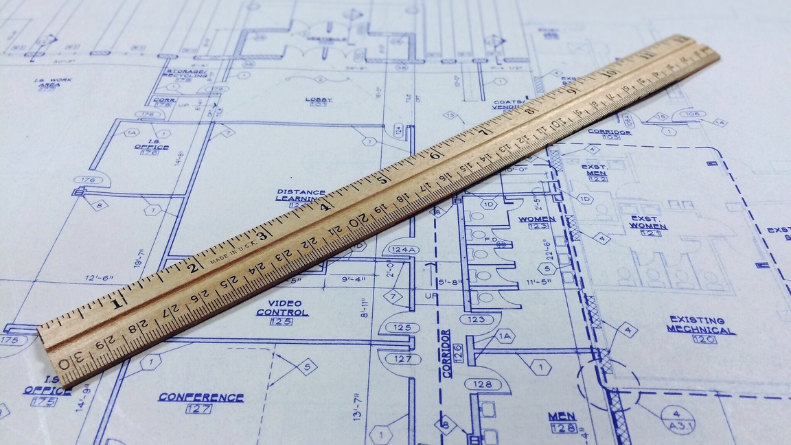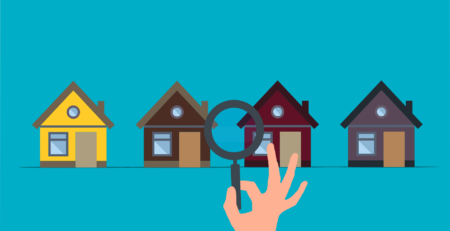Do You Need a Conveyancer When Buying or Selling Your Home?
A smart place to begin learning about the intricacies of purchasing and selling a property is by learning what a conveyancer does. Once you’ve had your offer approved, a conveyancer handles the acquisition of the property thereafter. Conveyancers, on the other hand, are needed since the process of acquiring a home isn’t as easy as it appears. There are many potential pitfalls that can be costly if done right.
A conveyancer is often a solicitor who specialises in real estate law. While all solicitors are technically qualified to perform the task of conveyancing, not all are equal in terms of experience in this area of work, so it’s a good idea to shop around to find one that you can trust and with relevant experience in residential property transactions. Solicitors that specialise in the new-build market should also be considered, since they will be looking out for your best interests. This may necessitate not using the lawyer that was advised by your developer, but rather seeking out a different one on your own.
Will you need a conveyancer?
Using a conveyancer is usually recommended, although it is possible to handle the transaction on your own, albeit with added complexity and risks. Solicitors are required to have specialised training in order to perform these important tasks, and that’s because there is a lot of legal work and a lot of information you need to know to make sure the conveyancing process goes as smoothly as possible. Mistakes may cost you a lot of money!
Conveyancing is not something you can do yourself if you’re taking out a mortgage loan, since lenders necessitate a law firm to conduct the proceedings. Of course, you don’t have to hire a conveyancer if you don’t want to when you buy a house without having to borrow for it, as is sometimes the case. However, unless you are an expert in the field with extensive experience, you may miss something critical, like a boundary dispute or the fact that the seller lacks a legal right of way to the property. After moving into your dream home, the last thing you want to deal with is difficulties like whether or not you have the right to park on your own property.
In the event that you decide to go it alone, keep in mind that buying a house is likely to be your most expensive purchase to date, so proceed with caution. So, having a professional to help you through the purchasing process is always a good idea. Most buyers and sellers, even those with a lot of experience, will use a conveyancer to for peace of mind.
What are the searches that a conveyancer will do for you?
As Jamie Johnson, CEO of FJP Investment, noted, “Conveyancing involves a number of important searches, such as local authority, environmental, and water searches, which are just a few of the many options available. The goal of these searches is to investigate and find any possible concerns that might disrupt the way of life on the property and land, such as public rights of way, compulsory purchase orders (CPO), enforcement notifications for the property, and any potential flood hazards. If you merely have a survey done on a property, it’s unlikely you will find out everything there is to know about the property. Problems might be obscured from view, only to be uncovered during a search.”
As well as doing these searches, a conveyancer is tasked with thoroughly going through all of the documentation and the results of any searches, bringing up any concerns with the seller’s conveyancer, and alerting the buyer to any problems. If any concerns are flagged up during the conveyancing, this could potentially delay proceedings by several weeks. However, it’s essential to address things that need attention so the buyer can enjoy their property without any unexpected headaches once they have moved in.

Other responsibilities of the conveyancer
Although when the conveyancing procedure of transferring ownership has been completed, a conveyancer’s work hasn’t quite yet ended. Once a case is concluded, there are generally still a number of small things that need to be done, which typically won’t involve the new homeowners, so they can get on with the task of moving in and settling down.
For example, the conveyancer will be busy registering the charge of ownership at the Land Registry, paying your stamp duty tax, and forwarding on a copy of the title deeds to your mortgage lender until the time when you have made your final loan repayment. They’ll also send a copy of the title documents to your mortgage lender. They will also need to notify the freeholder if you acquire a leasehold property.
What about conveyancing when selling?
Even if you don’t have to fork out thousands on buying a residential property, a conveyancer is just as crucial for the sale as it is for the buyer. For example, a contract must be drawn up and agreed upon before a property can be transferred. As a seller, there are specific legal requirements that you must adhere to. When such large sums of money are involved, it is strongly advisable to hire good help to reduce the likelihood of something going awry and ending up costing you.
Like when buying, your conveyancer will be the primary point of contact for the buyer’s solicitor should they have questions or concerns about the transaction or the contracts. Title deeds will be handled, contracts will be exchanged, and the day of completion will be managed by them. They will also take care of the logistics involved in handing over the keys. In the end, their job is to give you their expert advice and knowledge to make sure the process goes as smoothly and easily as possible.
A home-buying process may be time-consuming and stressful even for someone that has done it before. It’s considerably easier, though, if you have an experienced solicitor on your side. You will be moving into your new house in no time if you do your homework and place your confidence in the best people for the job.
ARE YOU READY TO START INVESTING?
Subscribe to our mailing list now for exclusive deals, investment guides and the latest information from the property market.






